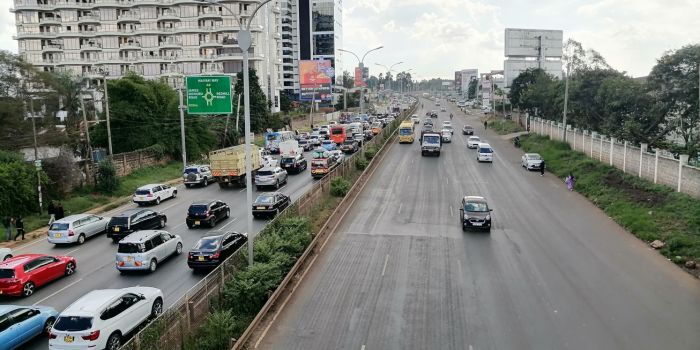The National Transport and Safety Authority (NTSA) has issued a series of safety directives to motorists as schools across the country prepare to close during the ongoing rainy season. In a statement released on Tuesday, October 7, the authority announced the relaunch of the Operation Watoto Wafike Salama campaign to ensure students travel safely to their homes.
According to NTSA, the campaign will be conducted in collaboration with various stakeholders and will focus on road safety education, increased patrols, and stricter enforcement along major transport routes. The move comes amid heightened concerns over slippery roads, reduced visibility, and increased traffic as parents and schools arrange transport for students.
“The Authority, in partnership with various stakeholders, will heighten the Operation Watoto Wafike Salama Campaign through road safety education, intensifying patrols, and enforcement initiatives along major transport corridors,” the statement read in part.
To mitigate road risks and safeguard young passengers, NTSA outlined five key directives for motorists:
- Practice Responsible Driving: Drivers ferrying students are urged to model safe behaviour, obey all traffic regulations, and avoid speeding or overtaking dangerously.
- Ensure Vehicle Roadworthiness: Vehicles should be inspected to confirm they are in good condition, with functioning lights, wipers, and tires suitable for wet conditions.
- Avoid Overloading: Motorists are reminded to carry the appropriate number of passengers to prevent accidents caused by overcrowding.
- Plan Ahead and Exercise Patience: Drivers are advised to plan routes early and allow sufficient travel time to avoid rushing in hazardous weather.
- Prioritize Child Safety: School transport operators must ensure children are properly seated and supervised throughout the journey.
NTSA reiterated its commitment to ensuring all children travel home safely, urging the public to remain vigilant and report reckless driving incidents. The authority emphasized that every road user has a responsibility to contribute to safer roads, especially during the challenging rainy season.

